The Papers of Samuel Marchbanks
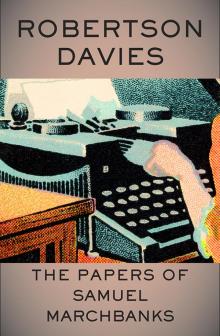

Author: Robertson Davies
Category: Fiction
Published: 1985
Series:
View: 496
Read OnlineThe book that marked the first appearance in the United States of Robertson Davies’ mischievous alter ego, Samuel Marchbanks, is now available as an eBook for the first time.
In 1942, two years after returning to Canada from Britain, Robertson Davies took up the role of editor of the Peterborough Examiner. During his tenure as editor at the Examiner, a post he held until 1955, and later as publisher of the newspaper (1955–65), Davies published witty, curmudgeonly, mischievous, and fiercely individualistic editorials under the name of his alter ego, Samuel Marchbanks, “one of the choice and master spirits of his age.”
In this single volume, first published in 1985, the “gentle headwaiter to Marchbanks’ splendid banquet” has edited and selected from his alter ego’s observations to bring together previous titles in the Marchbanks bibliography: The Diary (1947), The Table Talk (1949), and Samuel Marchbanks’ Almanack (1967).
Here is treasure! Marchbanks on politics, on his furnace, on theatre, on the taxman, on trains, on Christmas, on book-banners, on manners, indeed on everything under the sun! Not only this, but Davies’ copious and quite delectable Notes are “calculated to remove all Difficulties caused by the passage of Time and to offer the Wisdom, not to speak of Whimsicality, of this astonishing man to the Modern Public, in the most convenient form.” Reviewing the first edition of Papers for the New York Times in 1986, Davies’ longtime friend John Kenneth Galbraith said: “Not many journalists would wish to risk having their daily efflux dug out and published after a lapse of 40 years. . . . This writing of four decades ago is consistently incisive, insulting, funny, relevant and altogether interesting.”
The Papers of Samuel Marchbanks, best savoured at leisure, and returned to time and again, “offers a humourous and insightful picture of postwar Canadian life as seen through the eyes of a delightful eccentric who reminds . . . of a boozeless W.C. Fields.” Charles Bishop, English Dept., University of New Orleans.
In 1942, two years after returning to Canada from Britain, Robertson Davies took up the role of editor of the Peterborough Examiner. During his tenure as editor at the Examiner, a post he held until 1955, and later as publisher of the newspaper (1955–65), Davies published witty, curmudgeonly, mischievous, and fiercely individualistic editorials under the name of his alter ego, Samuel Marchbanks, “one of the choice and master spirits of his age.”
In this single volume, first published in 1985, the “gentle headwaiter to Marchbanks’ splendid banquet” has edited and selected from his alter ego’s observations to bring together previous titles in the Marchbanks bibliography: The Diary (1947), The Table Talk (1949), and Samuel Marchbanks’ Almanack (1967).
Here is treasure! Marchbanks on politics, on his furnace, on theatre, on the taxman, on trains, on Christmas, on book-banners, on manners, indeed on everything under the sun! Not only this, but Davies’ copious and quite delectable Notes are “calculated to remove all Difficulties caused by the passage of Time and to offer the Wisdom, not to speak of Whimsicality, of this astonishing man to the Modern Public, in the most convenient form.” Reviewing the first edition of Papers for the New York Times in 1986, Davies’ longtime friend John Kenneth Galbraith said: “Not many journalists would wish to risk having their daily efflux dug out and published after a lapse of 40 years. . . . This writing of four decades ago is consistently incisive, insulting, funny, relevant and altogether interesting.”
The Papers of Samuel Marchbanks, best savoured at leisure, and returned to time and again, “offers a humourous and insightful picture of postwar Canadian life as seen through the eyes of a delightful eccentric who reminds . . . of a boozeless W.C. Fields.” Charles Bishop, English Dept., University of New Orleans.
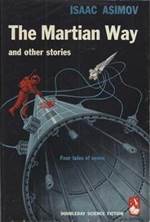 The Martian Way and Other Stories
The Martian Way and Other Stories Blaze of Memory (Psy-Changeling 7)
Blaze of Memory (Psy-Changeling 7)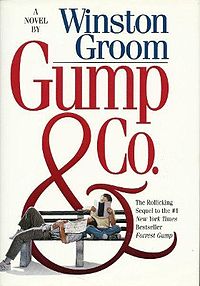 Gump and Co. (Forrest Gump #2)
Gump and Co. (Forrest Gump #2)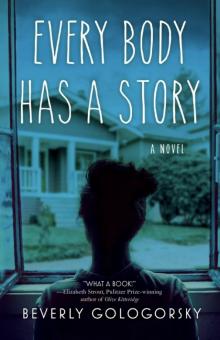 Every Body has a Story
Every Body has a Story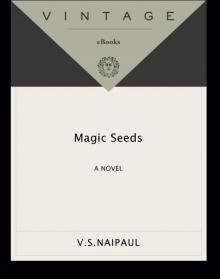 Magic Seeds
Magic Seeds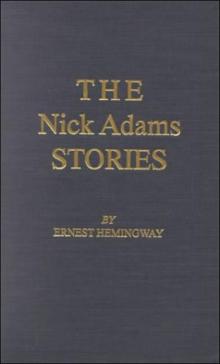 The Nick Adams Stories
The Nick Adams Stories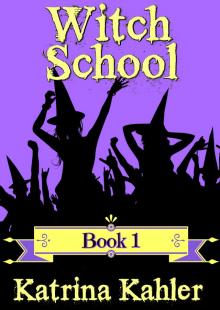 Books for Girls - Witch School - Book 1
Books for Girls - Witch School - Book 1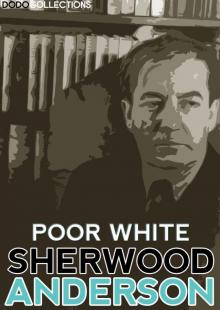 Poor White
Poor White